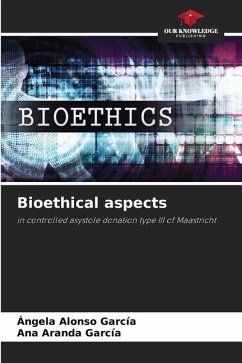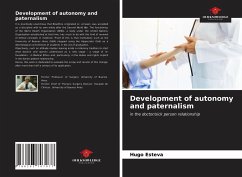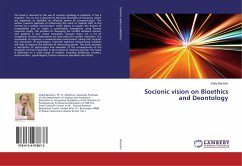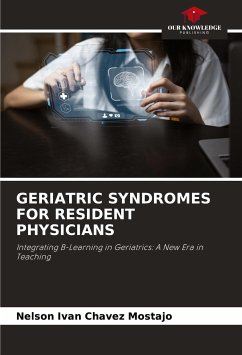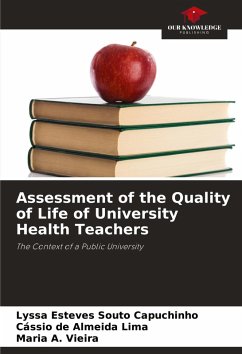
Education in Bioethics
Versandkostenfrei!
Versandfertig in 6-10 Tagen
22,99 €
inkl. MwSt.

PAYBACK Punkte
11 °P sammeln!
In contemporary times, the protagonists of the doctor-patient relationship must be guided by respectful dialogue, considering, on the one hand, the professional with great scientific knowledge and, on the other, the patient as a biopsychosocial and spiritual being who seeks a solution to their suffering. The second half of the 20th century saw impressive scientific advances, which made previously unthinkable medical interventions feasible. However, at the same time as health professionals began to incorporate these advances into their practices, patients were no longer passive beings, obedient...
In contemporary times, the protagonists of the doctor-patient relationship must be guided by respectful dialogue, considering, on the one hand, the professional with great scientific knowledge and, on the other, the patient as a biopsychosocial and spiritual being who seeks a solution to their suffering. The second half of the 20th century saw impressive scientific advances, which made previously unthinkable medical interventions feasible. However, at the same time as health professionals began to incorporate these advances into their practices, patients were no longer passive beings, obedient and submissive to the therapeutic proposals suggested by doctors. This new reality has introduced significant changes in the dynamics of the doctor-patient relationship, making it compulsory to adopt new rules of coexistence and the deliberative process proposed by bioethics is a valuable tool for revitalising intersubjective dialogue between health professionals and patients.







